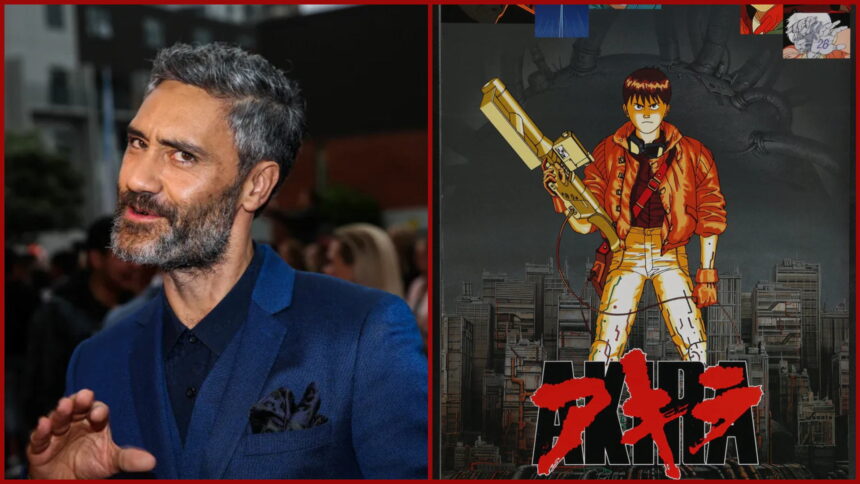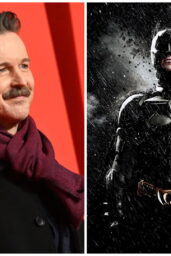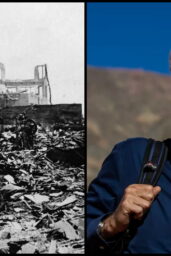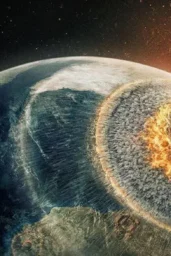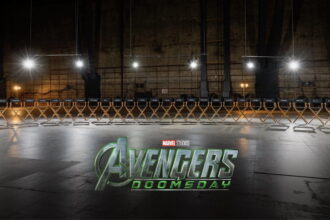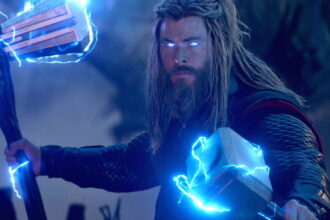It’s dead. Again.
And maybe—just maybe—that’s for the best.
For over two decades, Warner Bros. has tried to brute-force a live-action Akira into existence like it was building a Lego Death Star with missing instructions. Since first acquiring the rights in 2002, the project has burned through an entire generation of filmmakers. Stephen Norrington. Albert Hughes. Jaume Collet-Serra. Jordan Peele. Justin Lin. All of them, at some point, attached or rumored or rumored-to-be-attached.
But none came closer than Taika Waititi. In 2017, just before his post-Ragnarok stardom peaked, he was announced as the next director to tackle Katsuhiro Otomo’s seminal 1988 anime. And for a moment, it almost felt real. A $150 million budget. A shoot date set for 2019. A reported desire to remain loyal to the manga rather than rehash the anime.
Then… Thor: Love and Thunder happened.
That Marvel detour didn’t just slow things down — it sapped all momentum. When Waititi finally emerged from the rubble of his own tonal mess in Love and Thunder, the world (and Warner Bros.) had already moved on.
According to The Hollywood Reporter, the studio has now officially relinquished the Akira rights. They’ve reverted to Kodansha, the original Japanese publisher. That’s it. No more Americanized New Manhattan. No more whispered casting of Garrett Hedlund and Kristen Stewart (you didn’t hallucinate that, sadly). No more contortions to cram the pulsing, radioactive soul of Akira into a mainstream Hollywood chassis.
The truth is—this was never going to work.
Every new attempt felt like watching someone try to explain punk rock with a PowerPoint deck. Akira is too dense, too dirty, too culturally specific. It’s stitched together with body horror, Cold War trauma, and Tokyo’s ever-looming apocalypse. You can’t just pick that up, drop it in NYC, and expect it to hum the same.
And don’t get me started on the “New Manhattan” relocation. That decision alone should’ve disqualified everyone involved. It’s like setting Spirited Away in a Las Vegas spa and pretending it’s the same story.
There’s a reason every reboot has failed.
And no, it’s not just “creative differences” or “scheduling conflicts.” It’s that no one—no one—outside Japan has figured out how to engage with Akira without watering it down. Without fear. Without trying to make it “palatable.”
Maybe that’s why the best adaptation is still the one that’s never been made.
And now that the rights are back in the hands of Kodansha, perhaps there’s hope for something different. A filmmaker who gets the source. Someone willing to tell the story on its own terms, in its own language, without trimming the sharp edges to fit an international quadrilateral of profit margins.
Until then, Akira remains in limbo—again. But this time, maybe we should let it rest.
It changed animation. It defined cyberpunk. It doesn’t need a remix.
Some things aren’t meant to be translated.
Some things are perfect the way they already are.
Do you think Akira should ever be adapted for Western audiences—or is it a masterpiece best left untouched?

